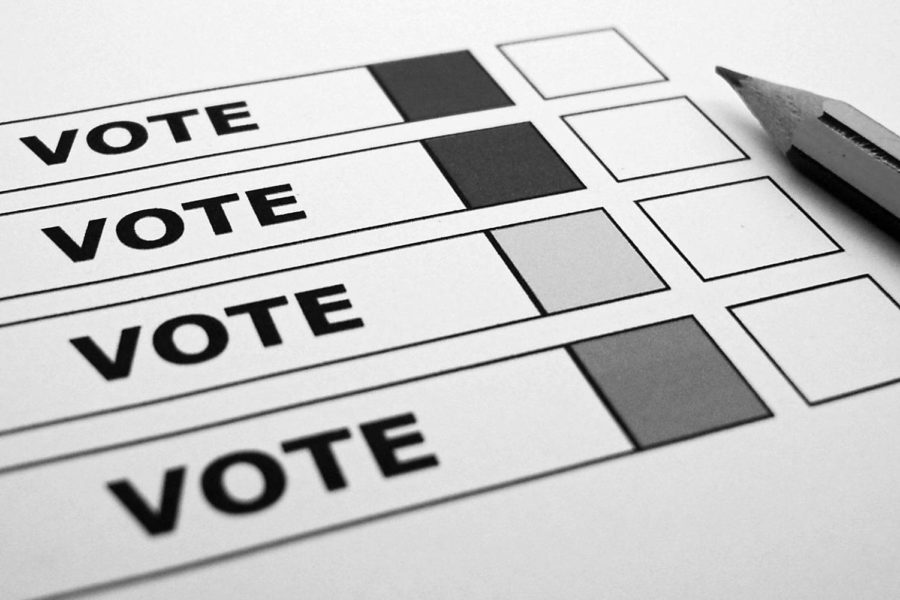HASENMILLER: If you’re uninformed, don’t vote
September 14, 2008
Chances are, if you’ve been on campus at all this year, you’ve been stopped by someone who wants you to register to vote. In fact, there are entire organizations, such as “Rock the Vote,” dedicated solely to getting more people — young people, in particular — to vote.
Voting is seen by many people as a civic duty, and not voting is seen by many people as an embarrassment. According to economist John Lott, “postelection surveys routinely show a 20 percent higher turnout than the actual number.”
Not voting, whether it means not casting a vote for every single candidate on the ballot or not voting all together is not a terrible thing. In fact, it can be a good thing.
Voting is a choice. Not voting is also a choice. It is a choice to defer your say in the election to the people who do vote. In fact, if you don’t know anything about the person you’re voting for, you shouldn’t be voting at all. Doing so just waters down the votes of the people who are more informed about the candidates and what they stand for.
Many of the groups that try to recruit people to vote on campus do so because they want our age group to have more of a say in politics. If more young people vote, politicians would be forced to pay more attention to us and to the issues that our age group is interested in. This is very true, but is no excuse to be casting random ballots. If you are going to vote, that’s great; but get informed about the people, or at least the parties, that you are voting for first. Luckily, in this day and age, it’s an easy thing to do. You can get a quick synopsis of what a candidate at almost any level of government plans to do simply by Googling their name and finding their campaign Web site. In a matter of a couple of minutes you can know the basic positions of a candidate on most issues in this way.
But again, if you don’t care about politics, that’s fine. There’s nothing wrong with that, and under those circumstances, not voting is the most patriotic thing you can do.
The idea of the deferring judgment to informed individuals is extremely common. Our founding fathers, some of the most intelligent people of their time, were the ones who drafted our constitution. They didn’t just pull random people off the street and say, “Here, make us a constitution.”
If your car breaks down and you don’t know what’s wrong with it, you take it to a mechanic to find out. You defer your judgment to someone who is more informed about the current situation and trust that their knowledge is better than yours.
When you do choose to vote for a politician, you defer your judgment to them. You assume that they have knowledge or experience that will help them make good decisions. That may include knowledge of our constitution or experience in running a state or department of government.
Imagine if millions of people voted for the next American Idol without ever watching the show. All they would be doing is picking randomly, and thus taking away the power of the people who had actually seen the show. The end result would be a decreased chance that the best singer would be chosen. Politics is the same way. Except in politics the stakes are much higher because the person you vote for may have significant control over the laws you live by as well as a large portion of your hard-earned money.
It doesn’t matter what side of the political spectrum you fall under. The idea is simple: If you’re going to vote, know who you’re voting for and why you’re voting for them.






